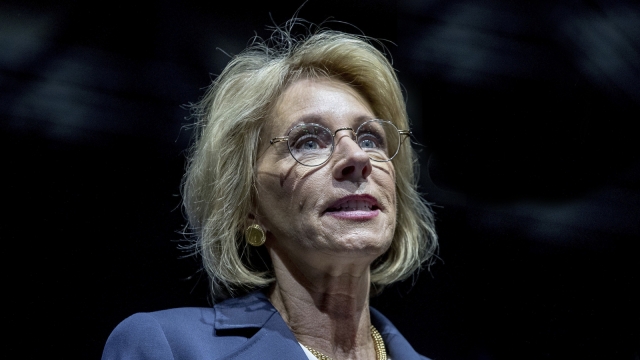
Protestant Christians — and especially Lutherans — have come a long way on LGBTQ issues since their founder and namesake, Martin Luther, is said to have nailed his 95 theses (“On the Power of Indulgences”) on the door of a Roman Catholic Church in Wittenberg, Germany, 500 years ago. His theses publicly challenged the Catholic Church, spawning protest movements that formed the Lutheran, Baptist, and Calvinist traditions that nearly half of Americans affiliate with today.
While Luther’s Reformation questioned the repressive and ecclesiastical policies of the Catholic Church that lead to the flowering of Protestantism, his denunciation of LGB people remained embedded in the teachings of the church.
But today, there are more than 5,000 Protestant churches in the U.S. that are welcoming and affirming of LGBTQ people. The Evangelical Lutheran Church in America, the largest Lutheran church body in the U.S. that traces its theological foundation to Luther himself, consecrated an openly gay bishop in 2013 and allows clergy to perform same-sex marriages. Other major mainline protestant denominations, including the United Church of Christ and the Presbyterian Church (USA), have also opened their doors to LGBTQ people and advocate for LGBTQ equality.
These reforms have been driven because the LGBTQ faithful are Coming Home to Faith, to Spirit and to Self. They are the fruits of the prophetic work being done by faith-based LGBTQ organizations and their allies, including DignityUSA, the Reformation Project, Gay Christian Network, Soulforce, the Metropolitical Community Churches and and HRC’s Religion and Faith Program. LGBTQ people are engaging the church in the same spirit of Luther — the original Protestant — whose intention was not to break away from the church, but rather reform it for the better from within.
The New Testament calls on Christians to be as one. Toward that goal, years of dialogue led to Pope Francis last year to formally apologize for Catholic slaughters of Protestants, and the Catholic Church and various Protestant denominations have signed agreements recognizing each other’s baptisms.
One lesson we can learn from Catholic-Protestant rapprochement during this time of shifting understanding on faith and LGBTQ issues, is that it has never been more important to engage in dialogue with respect and love, and with the goal of deepening the understanding between the faith and LGBTQ communities so we can truly be as one, as God’s children. It is not always easy but critical to the LGBTQ movement’s goal — to save lives.
Read more


